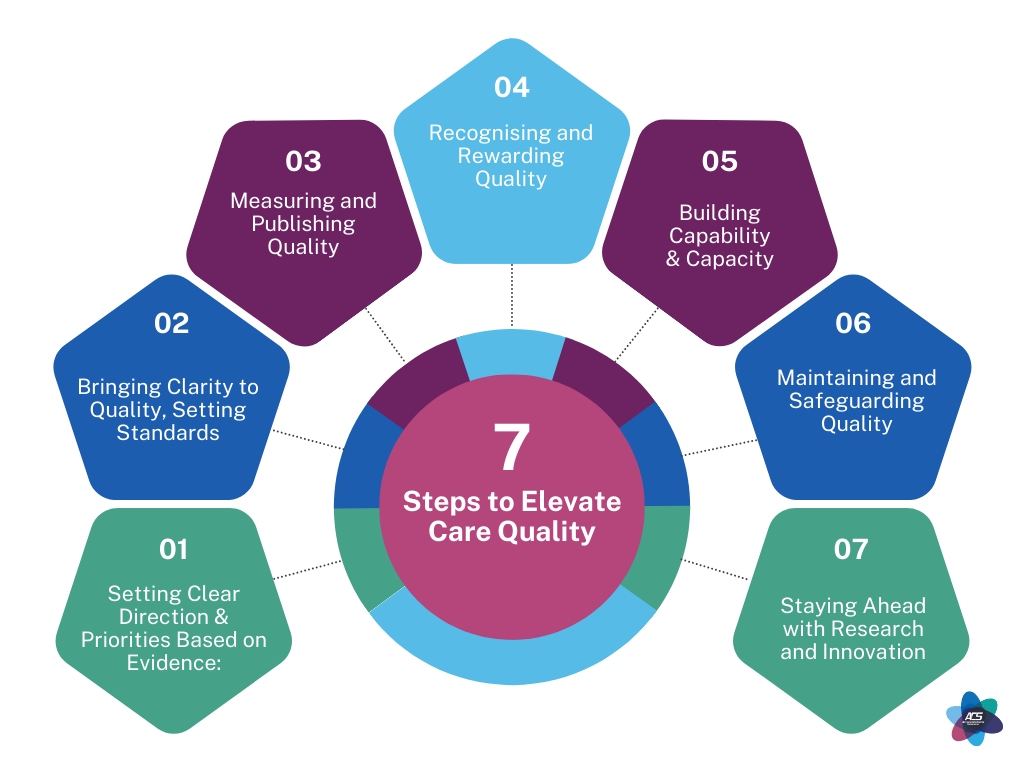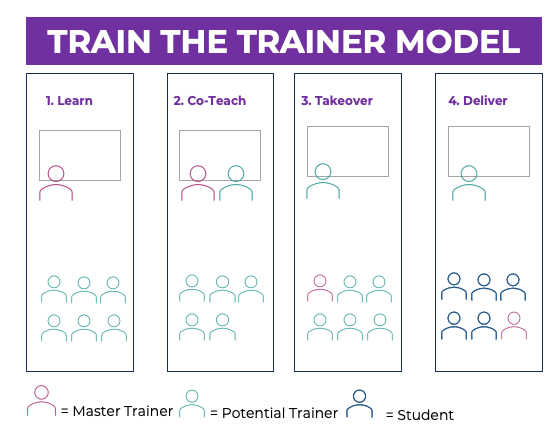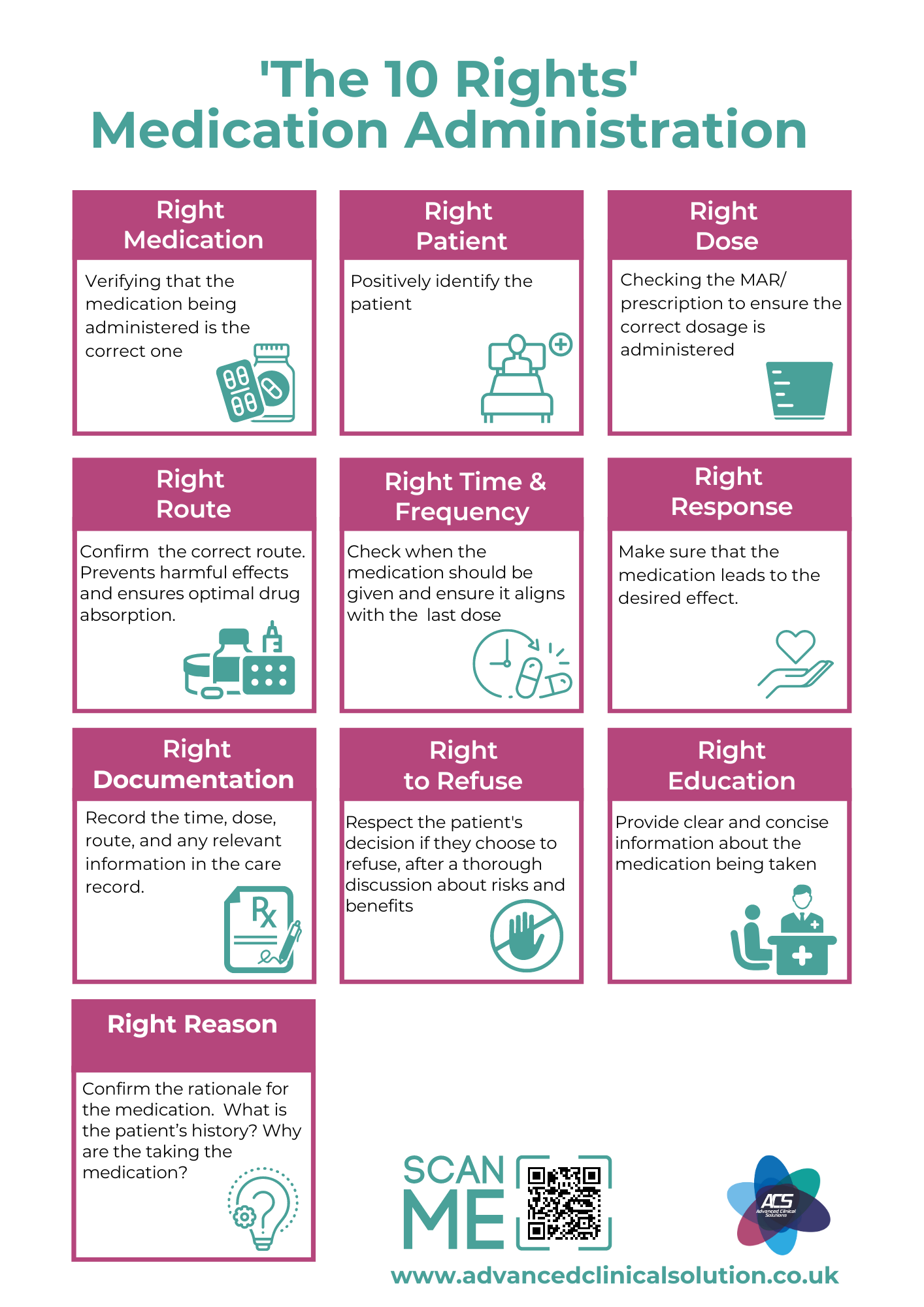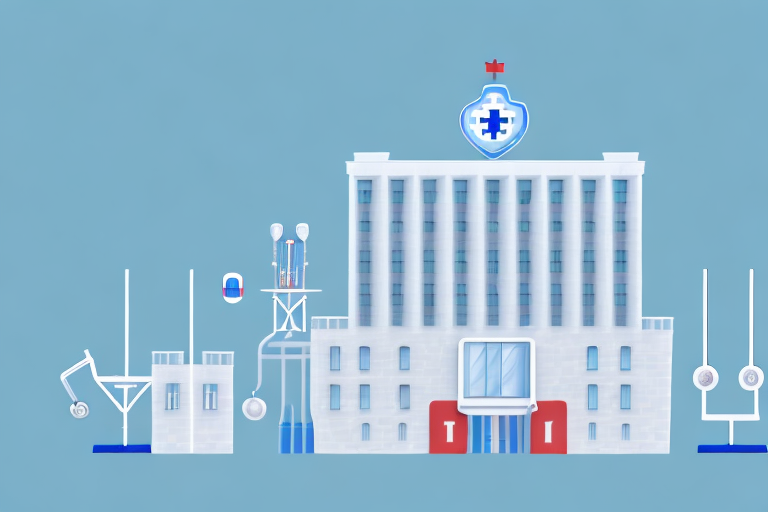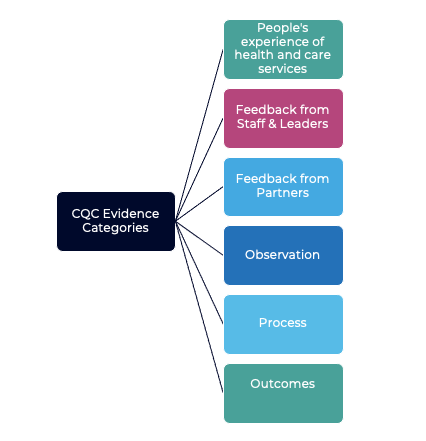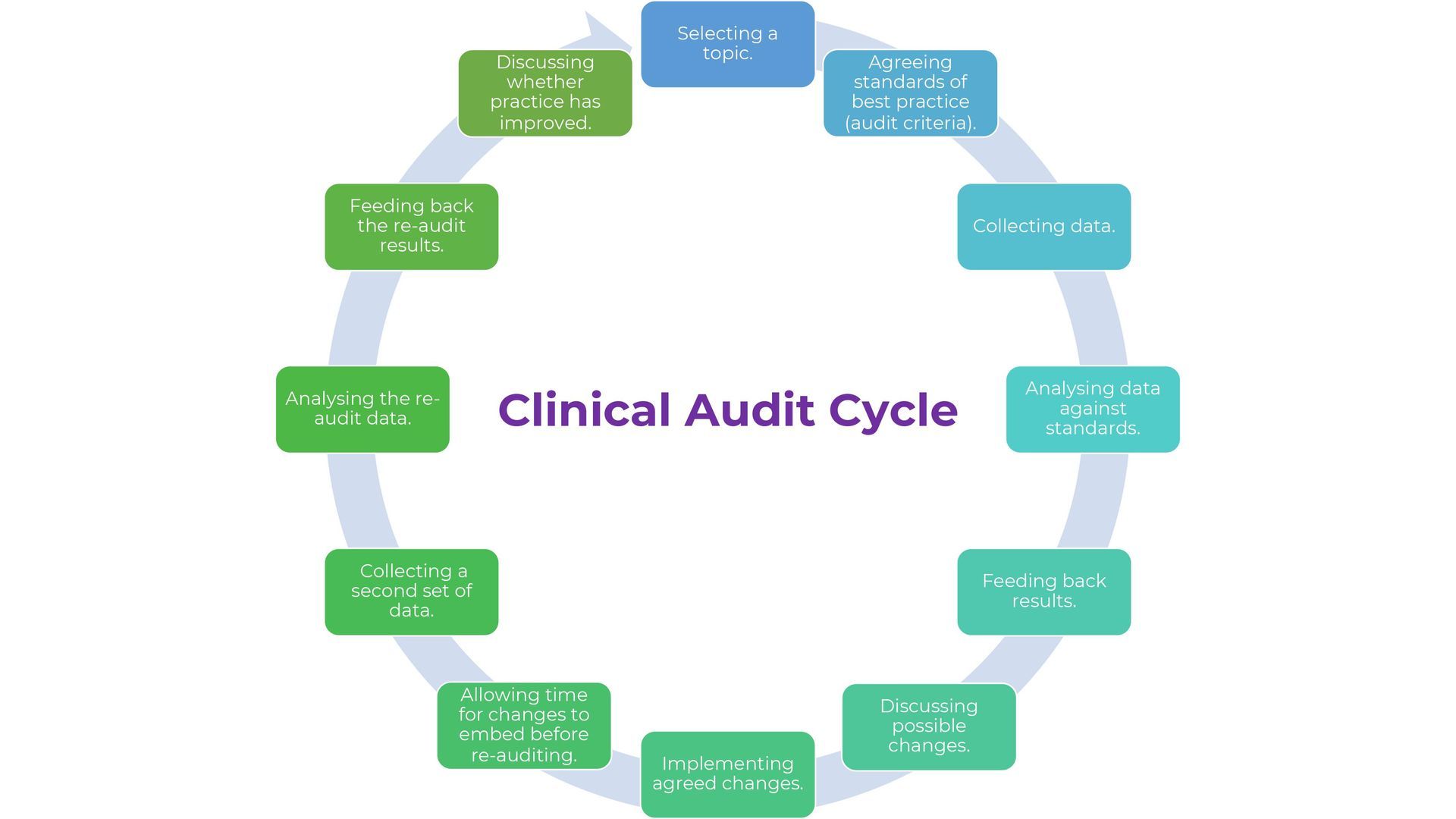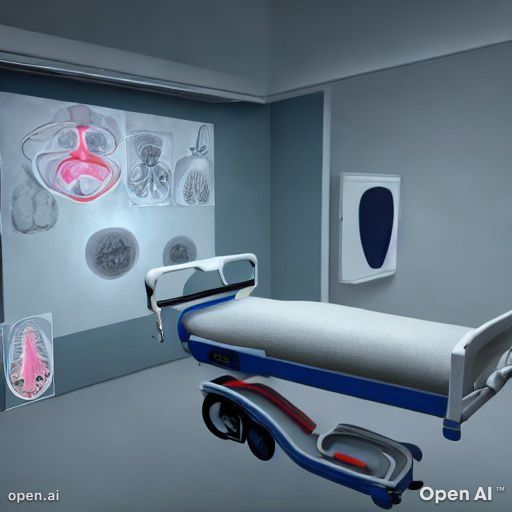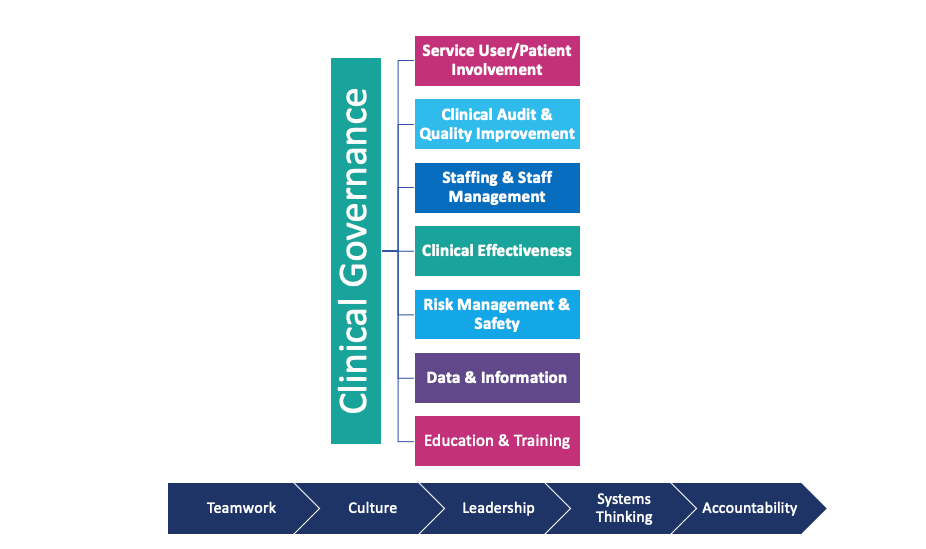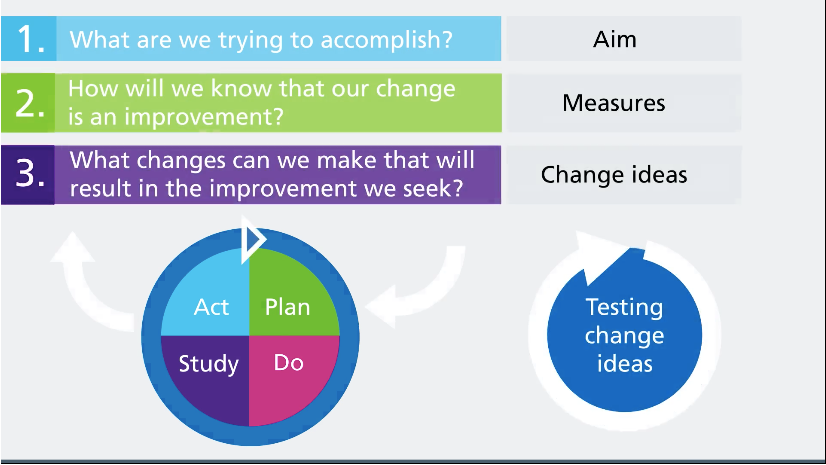The Story of Science: Clinical Human Factors
Clinical human factors refer to the way in which human behaviour and cognition can impact patient safety in healthcare settings.

In this blog post, we'll explore what clinical human factors are, how they can affect patient safety, and what can be done to mitigate their impact.
What are clinical human factors?
Clinical human factors refer to the way in which human behavior and cognition can impact patient safety in healthcare settings. This includes factors such as communication, teamwork, leadership, and decision-making, as well as physical and organizational factors that can affect the way care is delivered.
How can clinical human factors affect patient safety?
Clinical human factors can have a significant impact on patient safety. For example, poor communication or teamwork can lead to misunderstandings and errors, while inadequate leadership or decision-making can result in poor quality care. Physical factors, such as the design of a healthcare facility, can also affect patient safety by making it more difficult to deliver care or by increasing the risk of accidents or injuries.
What can be done to mitigate the impact of clinical human factors on patient safety?
There are several steps that can be taken to mitigate the impact of clinical human factors on patient safety:
- Improve communication and teamwork: Encourage open and effective communication, and promote teamwork and collaboration among healthcare professionals.
- Strengthen leadership and decision-making: Provide leadership training and support to help healthcare professionals make informed, evidence-based decisions.
- Address physical and organisational factors: Identify and address physical and organizational factors that may impact patient safety, such as the design of a healthcare facility or the workflow of a unit.
- Use tools and technologies: Use tools and technologies, such as checklists and electronic medical records, to help reduce the risk of errors and improve patient safety.
- Educate healthcare professionals: Provide education and training to help healthcare professionals understand the importance of clinical human factors and how they can impact patient safety.
In conclusion, clinical human factors can have a significant impact on patient safety in healthcare settings. By improving communication and teamwork, strengthening leadership and decision-making, addressing physical and organisational factors, using tools and technologies, and educating healthcare professionals, it is possible to mitigate the impact of clinical human factors and improve patient safety.
Are you looking to improve patient safety and outcomes in your healthcare organisation? Clinical human factors training may be the solution you've been searching for.
Our clinical human factors training program is designed to help healthcare professionals understand and address the human factors that can impact patient care. Through interactive lectures and hands-on simulations, participants will learn how to identify and mitigate factors such as communication breakdowns, teamwork issues, and decision-making errors that can lead to adverse events.
By completing our clinical human factors training, you will be equipped with the knowledge and skills to create a safer and more efficient healthcare environment for your patients.
Don't let human factors be a hindrance to your patients' safety. Invest in clinical human factors training today and start improving patient outcomes tomorrow.
Book a free training consultation now
Email Us
For general enquiries & questions,
contact us via email
Book Free Consultation
Need some advice face to face? Book a free 30 minute MS Teams consultation
Share
CHECK OUT OUR OTHER BLOG POSTS
Knowledge Hub

